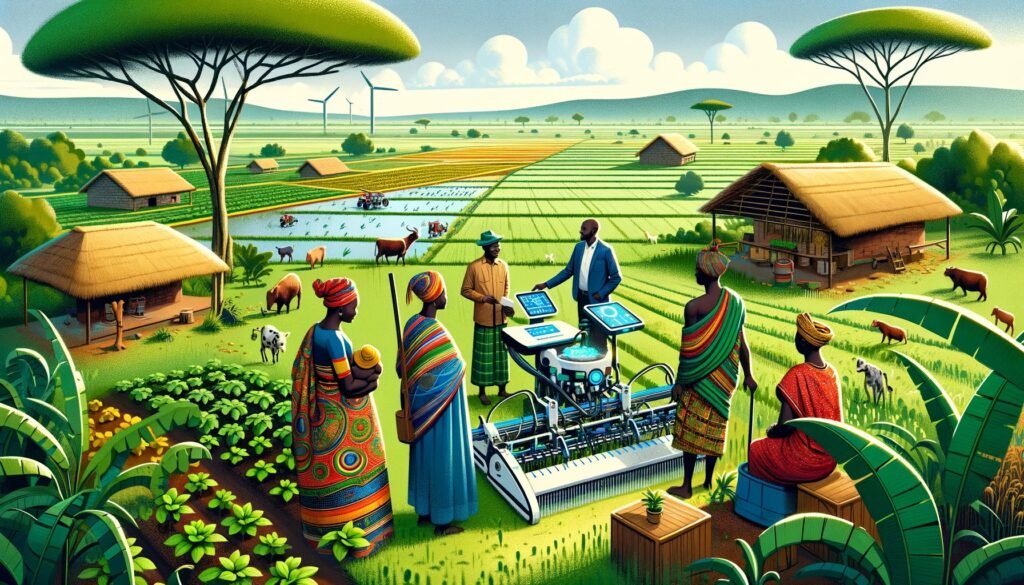By Prof Arun Tiwari
The history of the modern world is a terrible account of military power used for plundering unarmed people. Then, wars were waged to control the territories rich in mineral resources, especially petroleum. The European trader-mercenaries sailed to continents, killing people with the guns they had, and the indigenous people did not.
However, the newer generations of these people, primarily indulgent and incapable of bravery and enterprise, had to return. This is the simple and plain history of the modern world. Read John Ruskin, Joseph Conrad, Mark Twain, J. A. Hobson, and many other writers who left the truth recorded in their books. When the New Millennium arrived, the Internet connected the world. It was founded as a modern attempt was made to colonise the world through technology. It was given the fancy name of globalisation.
The falsehood of neocapitalism created the financial crisis of 2008. Then came the Covid-19 pandemic, and the shakiness of the development was exposed when millions of deaths could not be prevented in rich and developed countries.
The rampant use of fossil fuels has created climate change, and the best cities in the world regularly receive rains and floods for which they are unprepared. Dry spells are taking a toll on crop yields, and food is back on the agenda.
Technology has created a new kind of wealth that is being used to develop artificial intelligence and robotics with a short-sighted view of wealth creation and a long-term goal of ruling over the world by some faceless but omnipresent singularity. Through mobile phones, which are actually mighty computers, people are monitored and understood to know how they live, think, and go on with their lives.
The world has become a puppet show run more by algorithms than its leaders. What needs to be added to this equation is food. The population is increasing, mainly amongst the poor. If they are not fed, they will take over the developed countries in reverse of the brute imperialism of the last millennium. Global corporations that rule the roost have rendered governments toothless and vain. Some ten companies will own more than 90 percent of the wealth and resources in the future. This is not even bad news but an irreversible fait
accompli. No one can stop it now. So, the point is, what will the poor people do? They must be fed and looked after so they do not turn hostile and run over the centres of wealth and affluence.
It is not a political decision but a commercial inevitability that corporations distribute their profits to people so that they can buy the products of these corporations and keep the circular economy running. Already, ideas like basic pay for everyone are being circulated, and the government in India is giving free grains to people.
Unemployment allowances and old age pensions are back in vogue in the countries where they were considered a waste in the 1990s. But what still needs to be added is the direct financing of agriculture. People are living in their bubbles of affluence, mistaking uninterrupted food supply and unaware of the fragility of their bubbles. Demographics is a longdrawn process. It takes years for a child to grow, acquire skills, and become economically productive.
The ratio of young people in the population is falling throughout the developed world, most alarmingly in Japan, Britain, and Western European countries. Even China has a similar concern.
So, these countries need immigrants who can work in their factories and fields. It was initially thought that machines would become automatic, but people are still required to buy the products from factories and fields, and automation beyond a point is nonviable. Every crisis brings along a new opportunity. That is how nature works. The solution is embedded in the problem. Both life and death are embedded in the DNA.
The Internet and computers as mobile phones can link the kitchen with the farm as a supply chain and as a business where the eater is paying the grower of food in advance. (I need this much in a year, and here is the money.) Artificial intelligence will then collate the money, aggregate material, and distribute it to the consumer.
People currently doing this work need not be eliminated but will be assisted by intelligence and efficient operations. Traders worldwide have done irreparable damage through speculation, hoarding, and wastage, keeping farmers poor and deprived. Currencies have been manipulated to keep certain countries prosperous and others poor.
That world is now history. AI is familiar to mobile devices; functions such as voice dictation, language translation, and facial recognition already use the technology. Apple’s iPhones, for example, have included a neural engine to handle machine learning-related activities since 2017, beginning with the iPhone X and iPhone 8 generations. It has already become a wallet, a shop, and no one can stop it from becoming a bank any longer.
The money spent by the food consumer must reach the grower of the food without leakage. It is sinful to steal away the money meant for food used for creating luxuries and vanity of the few. AI can enable farmers to finance themselves directly. It will happen anyway; the sooner it is done, the better it will be for the people.
Arun Kumar Tiwari is an Indian missile scientist, author, and professor.

